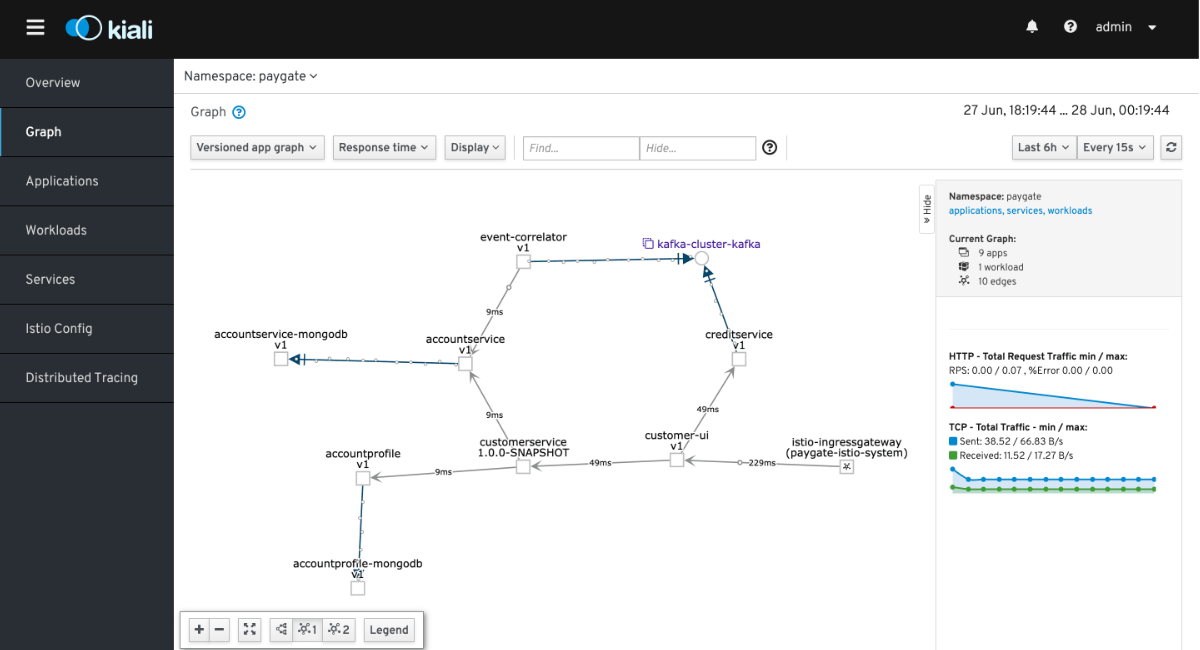Typical microservices outbox pattern implementation requires developers to manually create the outbox event table and write the codes to send the data from the outbox table to the respective messaging platform. Debezium Outbox Event Router together with Outbox Quarkus Extension take cares of this and enforce a standard approach to do this with declarative implementation. This allows the developers to focus on business logic implementation and achieve faster application delivery.
Tag: microservices
Red Hat Uses These Open Source Tools to Help Their Customers in Application Modernization
These open source tools are used by Red Hat to help their customers in digital transformation journey making the application modernization more achievable and easier compared to the past, with higher success rate.
This is How You Can Modernise Your Applications
Application modernisation is not just about the applications but also need to consider the impact of the modernising exercise to the existing internal costing and budgeting model (if any), governance processes & policies (or SDLC), the supporting services, the operation and application team, and the underlying application platform.
What Are The Differences Between Function, Serverless and Knative?
We all know Serverless, Function and Knative are meant to provide modern application platform for consumption based, faster start-up, lightweight, cost effective, event based, modular and etc. But how do they relates to each other and how they are different from each other. What do I need to know in order to help me to craft or choose the right solution for my organization needs.
Uniform Way to Connect, Secure and Monitor Microservice Applications with Red Hat ServiceMesh
Running ServiceMesh or Istio on OpenShift is pretty easy as long as you understand the differences between upstream community Istio and Red Hat ServiceMesh. With the enhancements tweak for OpenShift it makes managing and running microservice applications on Istio peanut easy both for administrators and developers.





